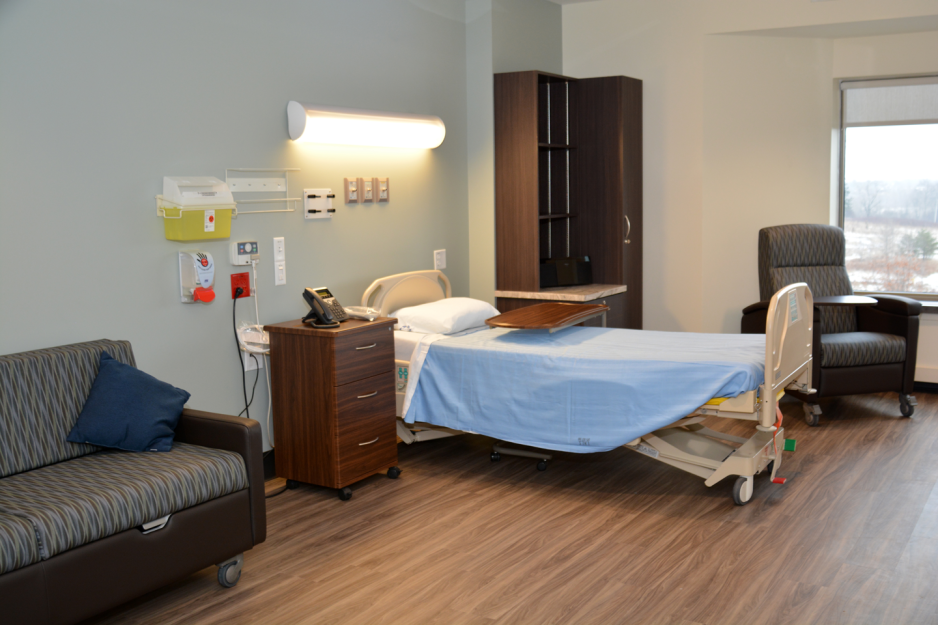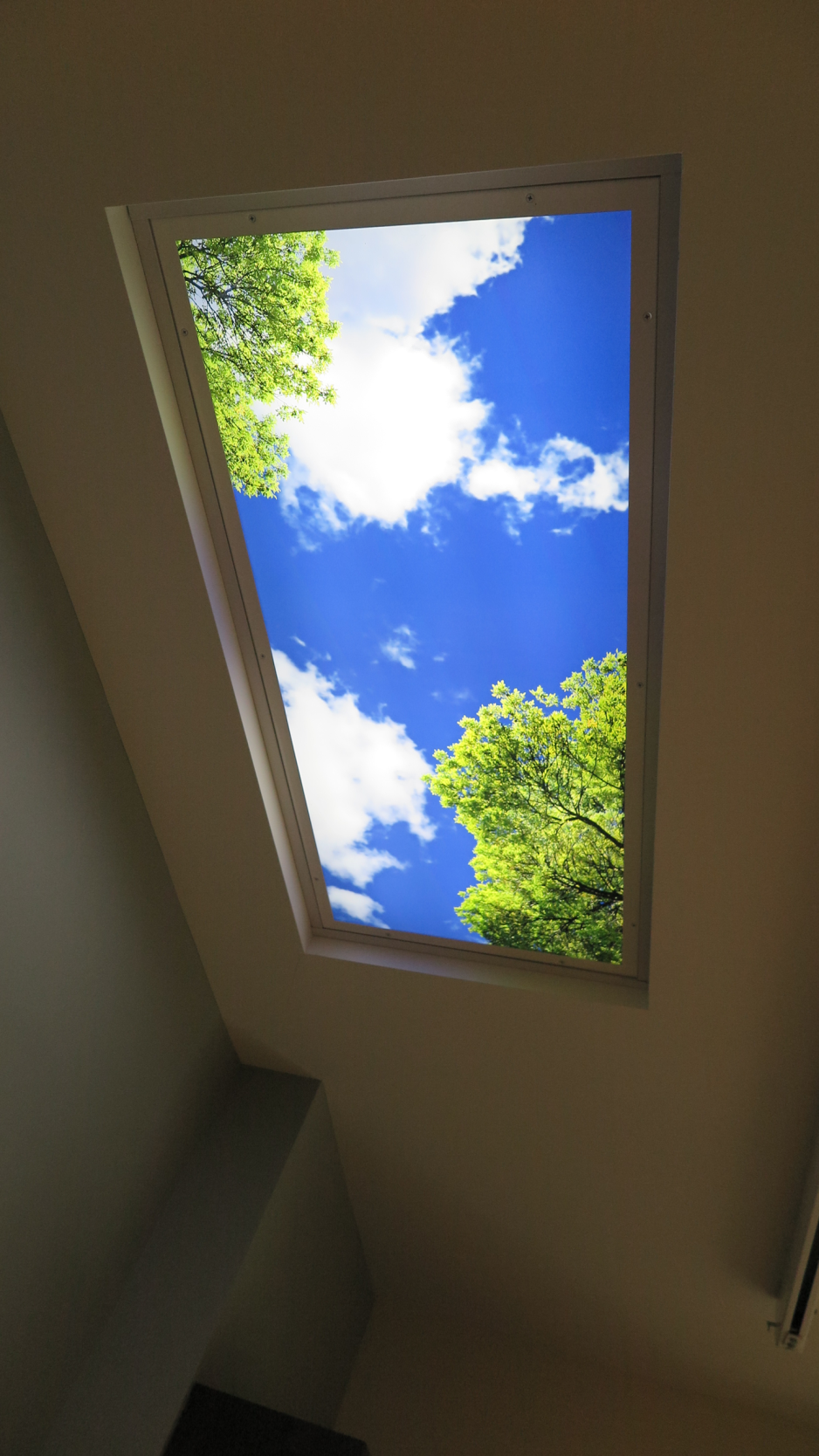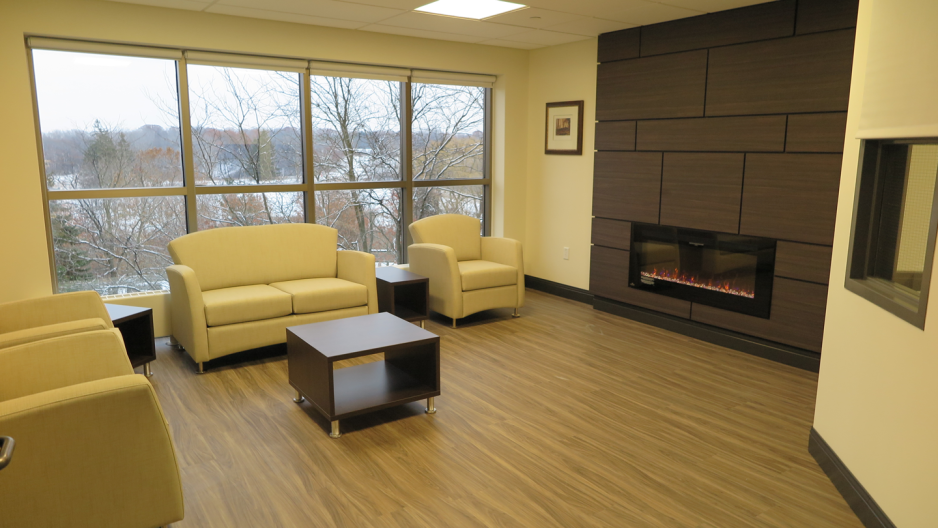Palliative Care - What To Expect
Palliative Care - What To Expect
St. Joseph’s has provided compassionate care to palliative patients since 1999. We help patients manage their pain and lessen the symptoms of illness and disease.
There are many emotions that occur during the time when someone is facing death, or when losing a loved one. Our role as health care providers is to help patients find comfort, to leave this world with dignity, and be at peace.
Palliative care is about making the best of each day. It’s about respecting each person's individual and unique needs. Helping people explore the meaning and purpose of life and supporting them body, mind and spirit. Palliative care staff and physicians also support family caregivers through the process.
Watch the video below or on Youtube to learn more about St. Joseph’s Palliative Care Unit
Length of Stay
Due to the specialized nature of services on the Palliative Care Unit which include a focus on pain, symptom management and end of life care, the predicted length of stay is less than three months.
During your stay
Because space is very limited, we ask that patients bring in only what they require upon admission. We suggest at least five changes of loose-fitting seasonal clothing, some comfortable pajamas and a pair of slippers. Other suggested items include toiletries (deodorant, toothbrush/toothpaste, razor/shaving cream, body wash, comb/brush) as well as any hearing aids and eyeglasses.
Patient rooms
The Palliative Care Unit (PCU) at St. Joseph’s has 18 private rooms with modern and home-like finishes. Many rooms have views that look out upon the grounds of Parkwood Institute, to the forest beyond.
Please note: most PCU patients can expect to have a private room with a shared bathroom. However in some circumstances, patients may be placed in semi-private accommodations. Curtains are provided to ensure privacy.
Each room includes a telephone and free Wi-Fi as well as the following:
- A sofa that converts to a bed for use by family caregivers/loved ones
- Large windows
- Shared washroom
- Comfortable seating
- Television
- Radio with CD player
- Storage cupboard and side table
- Dimmable lighting
- Individual heat and cooling controls
- Message board
- Picture hanging rail – for personal photos and mementos
- Skylight with trees and blue sky
Patient and family focused spaces
Family caregivers are an important part of the patient journey. St. Joseph’s PCU was designed in partnership with patients and family caregivers to ensure it meets their unique needs. There is a Great Room with a full kitchen, seating area and television, as well as a Family Lounge with a fireplace for quiet reflection or spending time together.
Special comforts
The PCU includes a large shower room, an accessible family caregiver washroom and a tub room. The tub room has a large, deep basin tub with several features such as massage jets and a built-in radio. The tub room also includes a towel warmer and ceiling lift for patient comfort and safety.
Quiet hours
To promote a restful environment for all patients, quite hours are in effect each day between 10 pm and 7 am. During this time, everyone is asked to speak in hushed tones, dim overhead lights and silence electronic devices.
Discharge planning
If a patient is considered stable and no longer requires the specialized care of the palliative care unit, discharge plans will be discussed. Discharge destinations may include home, a retirement home, or long- term care. A social worker will be in contact within the first month or two if the patient requires an alternative level of care and meets the following criteria:
- The needs of the patient have stabilized and death is not imminent
- The patient’s needs can effectively be met within the community
- The patient requires acute care interventions and would be more appropriately cared for within an acute care facility



